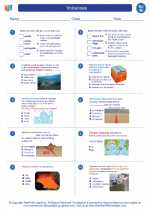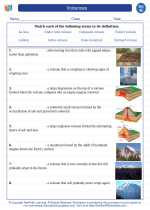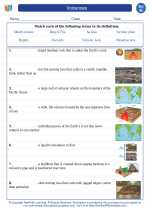Organic Matter
Organic matter is the term used to describe the material that makes up living organisms. This includes substances such as plants, animals, and microorganisms, as well as the decomposed remains of these organisms. Organic matter is an essential component of soil and plays a vital role in the Earth's carbon cycle and in supporting plant growth.
Composition of Organic Matter
Organic matter is made up of complex compounds that contain carbon, hydrogen, oxygen, nitrogen, phosphorus, and other elements. These compounds include carbohydrates, proteins, lipids, and nucleic acids, which are the building blocks of life. When these organic compounds break down, they release nutrients that are essential for plant growth and contribute to the fertility of the soil.
Importance of Organic Matter in Soil
Organic matter improves soil structure, porosity, and water retention, which are essential for the growth of healthy plants. It also provides a food source for soil organisms such as earthworms, bacteria, and fungi, which play a crucial role in decomposing organic matter and releasing nutrients for plant uptake. Additionally, organic matter helps to mitigate the effects of erosion and compaction, and it contributes to the overall health and productivity of the soil.
Study Guide
- Describe the composition of organic matter.
- Explain the role of organic matter in soil fertility and plant growth.
- Discuss the importance of soil organisms in the decomposition of organic matter.
- Compare the effects of soil with high organic matter content versus low organic matter content on plant growth and soil health.
- Investigate the impact of human activities on the depletion of organic matter in soil.
For further understanding, it is recommended to conduct experiments related to the decomposition of organic matter, the effects of organic matter on soil properties, and the role of organic matter in supporting plant growth.
[Organic Matter] Related Worksheets and Study Guides:
.◂Science Worksheets and Study Guides Eighth Grade. Volcanoes

 Worksheet/Answer key
Worksheet/Answer key
 Worksheet/Answer key
Worksheet/Answer key
 Vocabulary/Answer key
Vocabulary/Answer key
 Vocabulary/Answer key
Vocabulary/Answer key
 Vocabulary/Answer key
Vocabulary/Answer key
